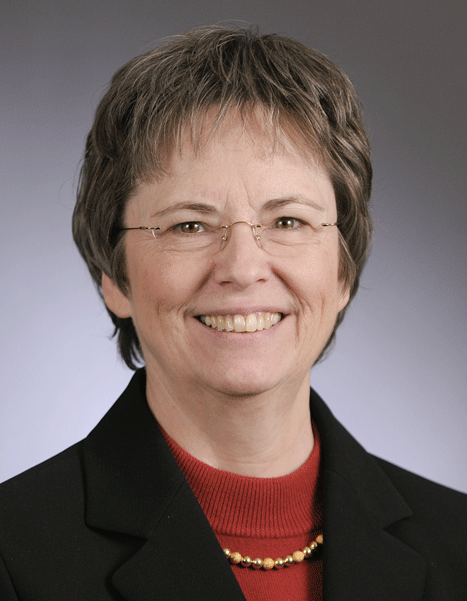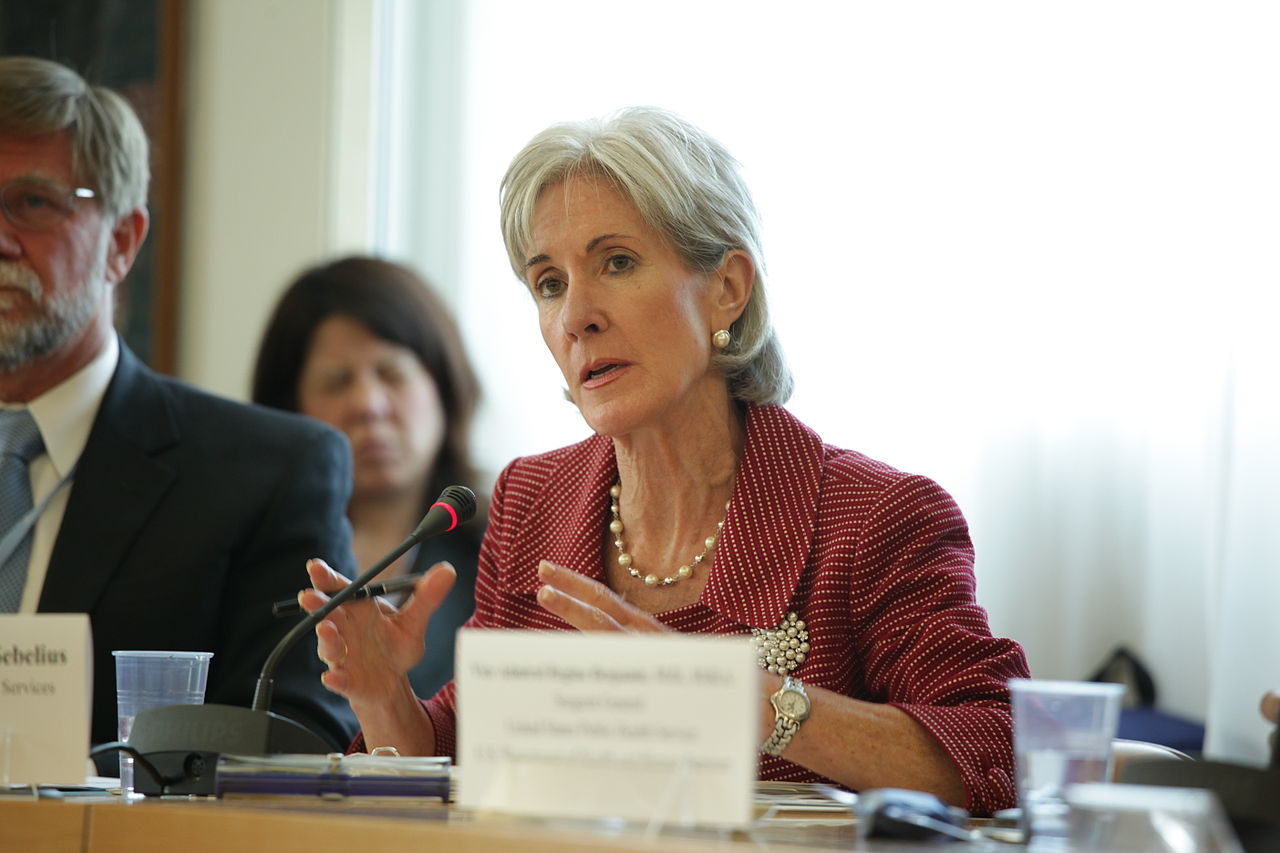
Representative Carolyn Laine, Democratic Farmer Labor (DFL) from Columbia Heights was one of several lawmakers wondering at a hearing held in February in the Minnesota House why HMOs are keeping so much money, perhaps more than needed, into reserves.
Up and Up
Legislators in Minnesota have been watching as the state’s nonprofit healthcare plans continue to amass surplus funds, and have recently begun to question just how much of a cushion is enough.
"Up and up and up and up" is the phrasing Representative Laine used when describing the direction the surplus funds have been going ever since the state removed the limit back in 2004. Laine is convinced that a cap needs to be put in place.
A week after the hearing US Representative Michele Bachmann, Republican of Minnesota, added her name to the list of lawmakers questioning the ballooning surplus, making this a bipartisan issue. Bachmann did not specifically mention creating a cap on the surplus HMOs are allowed to accumulate, but she did wonder about, “massive reserves that are accumulating by four Minnesota nonprofit HMOs."
Cushion worth Billions
According to state records the total reserves collected between 2006 and 2010 for Minnesota’s four largest HMOs went from $1.82 billion up to $2.48 billion. The insurers say those numbers might seem high to the untrained eye, but the amounts are logical based on the fact that health care costs have continued to skyrocket.
Even though the legislators are questioning the need for such high surplus amounts, there has not yet been any obvious move to re-instate caps on the amount HMOs are allowed to squirrel away.
"I get a little concerned that everybody gets into a witch-hunt mode," said state Representative Steve Gottwalt, Republican from St. Cloud, chairman of the Health and Human Services Reform committee. "If there's some indication that reserves are too generous…let's get the data, let's make sure that’s the case and then let's figure out what to do."
Legislating Accontability and Transparency
Gottwalt introduced a bill which is more concerned with the general financial transparency of health plans, calling for third-party audits of insurers, but does not mention a cap allowed on the surplus funds. One of the sponsors of Gottwalt’s bill, state Senator Sean Nienow, Republican from Cambridge said that:
"Some appropriate level of reserve is necessary. But the question is: What is truly necessary? And is there a point where it gets to be completely superfluous?"
Regulators of health insurance plans and HMOs require them to have “risk-based capital” or reserves to protect their customers in case of insolvency. According to regulations insurers must have at least double, or 200 percent of the authorized control level for their risk-based capital.
At the end of 2010 this standard of 200 percent, if calculated for all four of the largest HMOs together comes to only $800 million for Blue Cross and Blue Shield of Minnesota, HealthPartners, Medica and UCare.
Julie Brunner, executive director of the Minnesota Council of Health Plans, a trade group for HMOs, explained that the reason the risk-based capital figures and the health plan reserves keep growing together is because of ever-increasing health care costs. Health plans need to hold large sums of money in reserve just in case there is ever an unforeseen sudden rise in medical claims.
"The main objective of reserves is to protect consumers," Brunner said. "In the '80s, Minnesota had health plans that became insolvent and left consumers without coverage. We do not want to create an environment where that could happen again."

